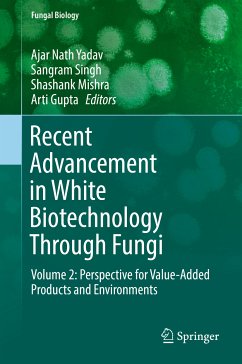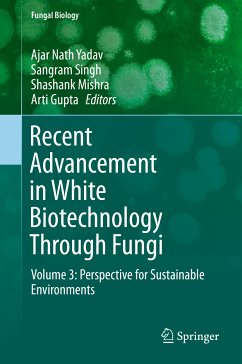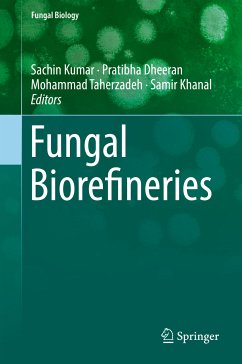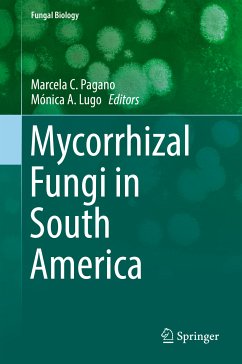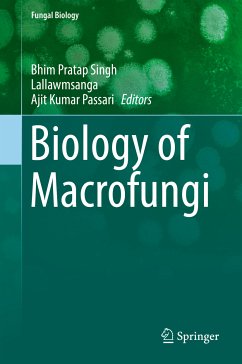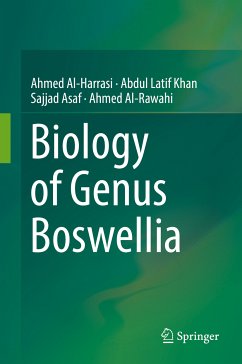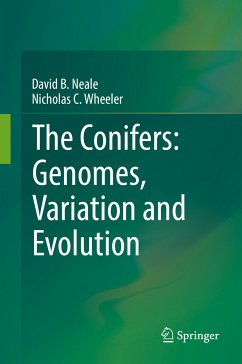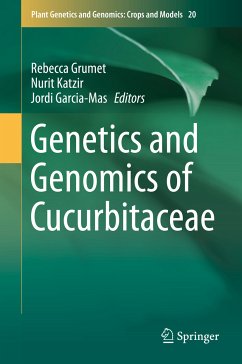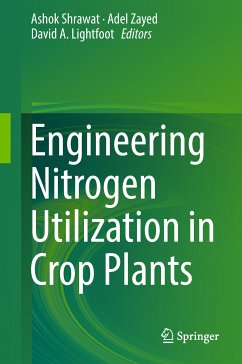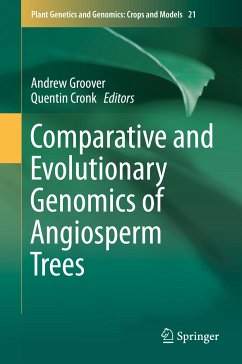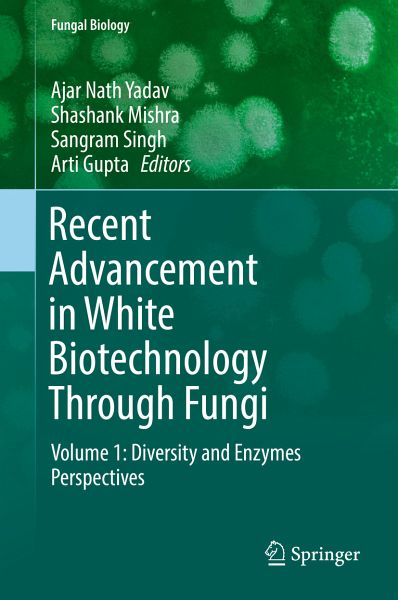
Recent Advancement in White Biotechnology Through Fungi (eBook, PDF)
Volume 1: Diversity and Enzymes Perspectives
Redaktion: Yadav, Ajar Nath; Gupta, Arti; Singh, Sangram; Mishra, Shashank
Versandkostenfrei!
Sofort per Download lieferbar
72,95 €
inkl. MwSt.
Weitere Ausgaben:

PAYBACK Punkte
36 °P sammeln!
White biotechnology, or industrial biotechnology as it is also known, refers to the use of living cells and/or their enzymes to create industrial products that are more easily degradable, require less energy, create less waste during production and sometimes perform better than products created using traditional chemical processes. Over the last decade considerable progress has been made in white biotechnology research, and further major scientific and technological breakthroughs are expected in the future. Fungi are ubiquitous in nature and have been sorted out from different habitats, includ...
White biotechnology, or industrial biotechnology as it is also known, refers to the use of living cells and/or their enzymes to create industrial products that are more easily degradable, require less energy, create less waste during production and sometimes perform better than products created using traditional chemical processes.
Over the last decade considerable progress has been made in white biotechnology research, and further major scientific and technological breakthroughs are expected in the future. Fungi are ubiquitous in nature and have been sorted out from different habitats, including extreme environments (high temperature, low temperature, salinity and pH), and may be associated with plants (epiphytic, endophytic and rhizospheric).
The fungal strains are beneficial as well as harmful for human beings. The beneficial fungal strains may play important roles in the agricultural, industrial, and medical sectors. The fungalstrains and their products (enzymes, bioactive compounds, and secondary metabolites) are very useful for industry (e.g., the discovery of penicillin from Penicillium chrysogenum). This discovery was a milestone in the development of white biotechnology as the industrial production of penicillin and antibiotics using fungi moved industrial biotechnology into the modern era, transforming it into a global industrial technology. Since then, white biotechnology has steadily developed and now plays a key role in several industrial sectors, providing both high value nutraceutical and pharmaceutical products. The fungal strains and bioactive compounds also play an important role in environmental cleaning. This volume covers the latest developments and research in white biotechnology with a focus on diversity and enzymes.
Dieser Download kann aus rechtlichen Gründen nur mit Rechnungsadresse in A, B, BG, CY, CZ, D, DK, EW, E, FIN, F, GR, HR, H, IRL, I, LT, L, LR, M, NL, PL, P, R, S, SLO, SK ausgeliefert werden.



